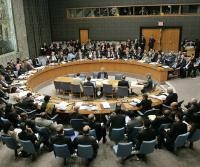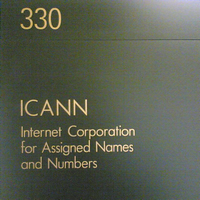
The term “lawfare” is increasingly used to characterize the pervasive role of law in the conduct of war, but there is nothing new about the concept. Law has always played a role in war, requiring that a pragmatic balance be struck between the necessities of war and the need to protect the innocent. The significance of this balance between military necessity and humane treatment under the law has never been more central to the credibility of U.S. military operations than it is today. The real question raised today is whether “lawfare” will come to define a fundamental distortion of this […]





